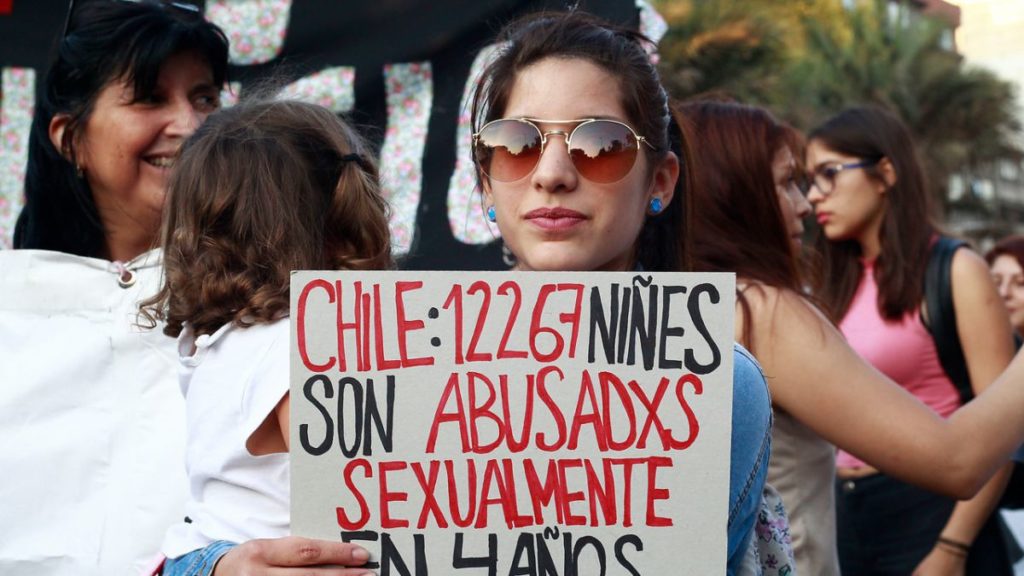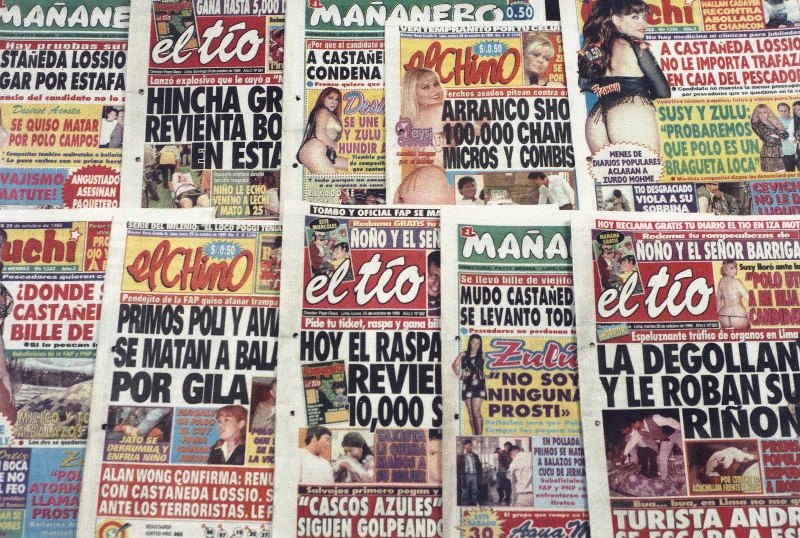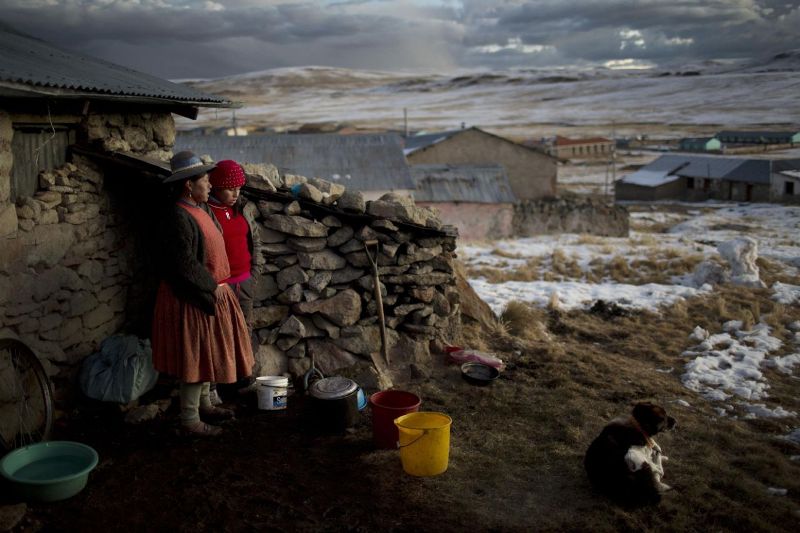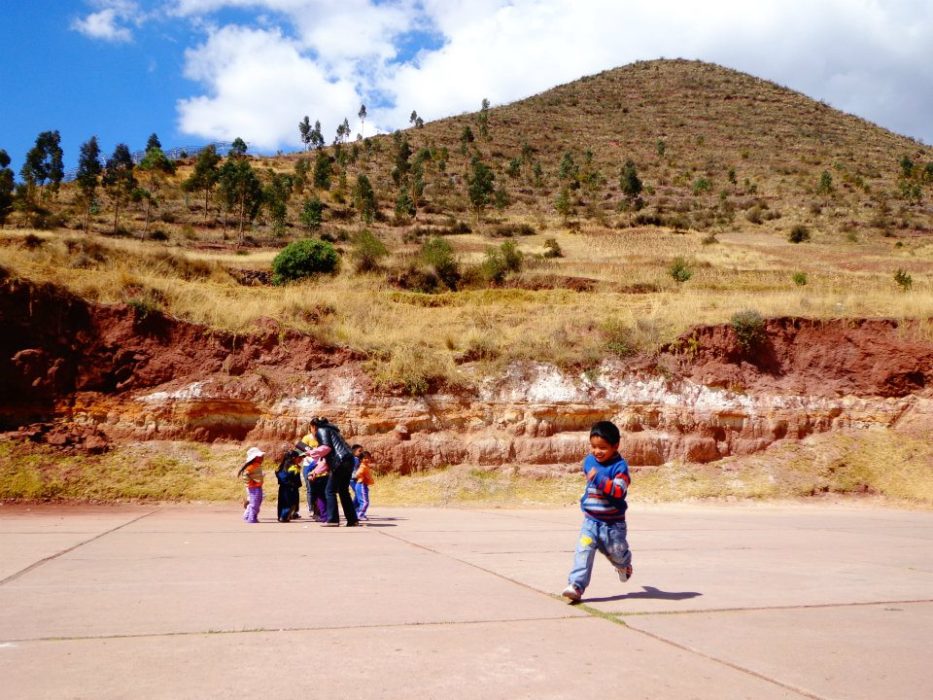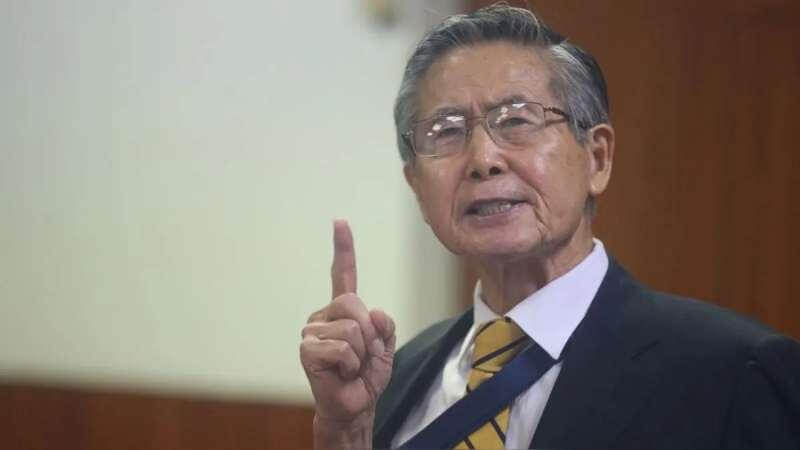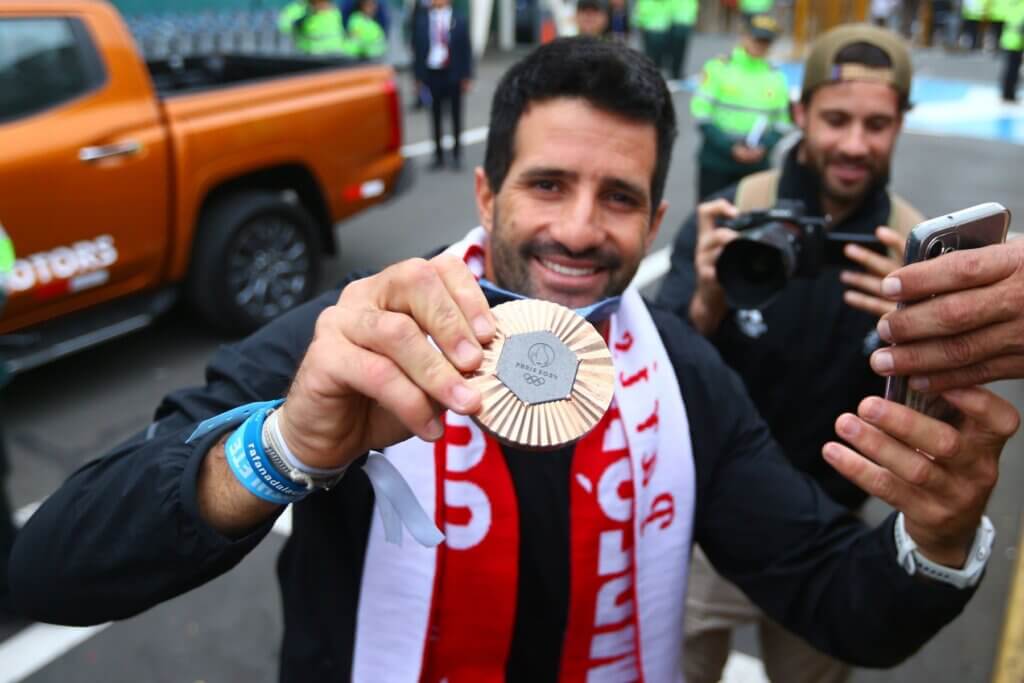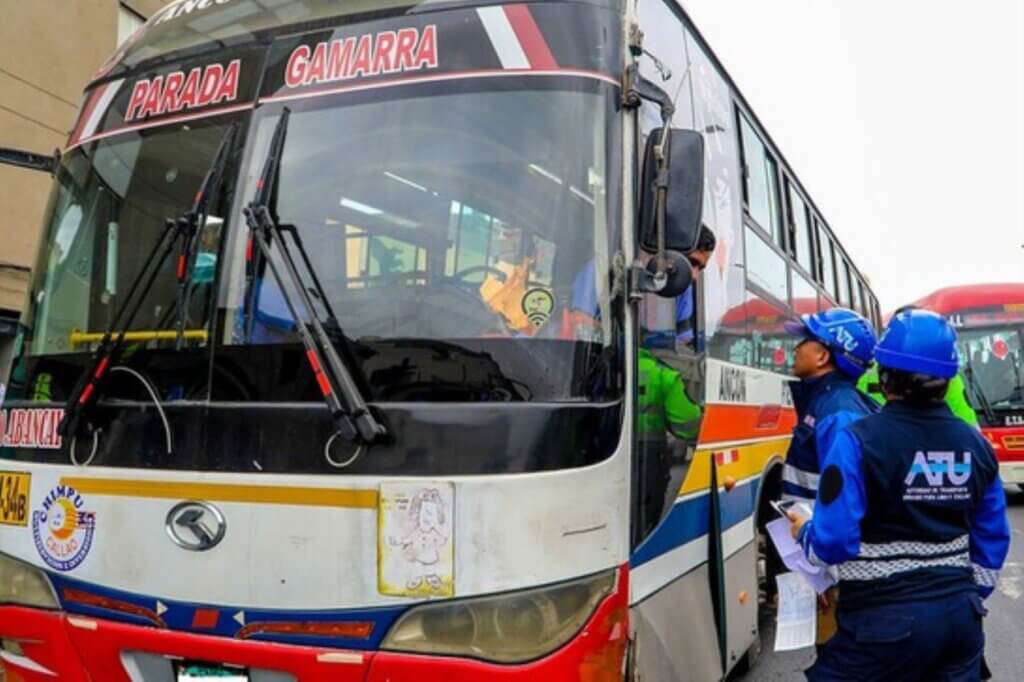A moderate like me prefers elections in which any candidate will be OK. But sometimes, there is somebody who looks like trouble. And as you can tell from the title and picture, Peru has such a candidate for president in 2016 elections. So instead of endorsing any particular candidate, I have to condemn one.
Any of the top five and maybe more will be fine, anybody but Cesar Acuña.
Where do we begin?
Let’s start with Acuña’s resignation of the La Libertad governorship last October. Acuña had won the election in October 2014 and took office Jan. 1, 2015. He resigned 279 days later, having completed less than a fifth of his term to run for Peru’s top office. Luis Valdez, Acuña’s number two in La Libertad, assumed the governorship for the remainder of Acuña’s term.
Unfortunately Peruvian voters are not insulted by these kinds of self-serving career plays. In fact, Acuña had resigned his second term as mayor of Trujillo with eight months to go in order to run for governor. It makes you wonder if Acuña knew he would resign the La Libertad governorship before he even resigned the Trujillo mayoralty.
We are just getting warmed up.
Soon after Acuña surpassed former President Alan Garcia for third place in voter polls, Acuña’s ex-wife and the mother of three of his children accused him of domestic abuse.
“Sometimes we would be eating and he would throw the plate in my face or spit on me. He told me I was old and ugly, and that he was too attractive for me. And he didn’t say it as a joke. He was speaking in all seriousness,” Rosa Nuñez told Peru 21.
Nuñez, who now represents Trujillo in Congress, said that Acuña once threw her down a flight of stairs, which resulted in her being hospitalized. She claimed to have filed charges against him on various occasions. She added that Acuña, the founder of Cesar Vallejo University who declared over $16 million in annual income to Peru’s electoral board, hid assets and transferred others to his brothers and sisters to protect them from divorce proceedings. Acuña had three children outside of the marriage.
Unfortunately the Peruvian electorate shrugged the story off.
In December newspapers revealed that Acuña’s Alliance for Progress political party had reported “phantom donors” as sources for campaign contributions, a tactic believed to conceal the source of money. In Acuña’s case, he is believed to be raiding the university coffers. Acuña also faces current investigations from his time as mayor of Trujillo for embezzlement and using city resources to support his reelection campaign.
If allegations are true, Acuña and the Alliance for Progress certainly would not and never will have a monopoly on donor fraud and money laundering in Peruvian politics. Look no further than first lady Nadine Heredia and the Peruvian Nationalist Party. And as for using public money in supporting political campaigns, it would be more difficult to find government officials who don’t do it than those that do.
At this point Acuña may seem like any other ambitious politician in Latin American with no scruples about doing whatever it takes to win. But then he went on television to talk policy.
Acuña said that his government would control the prices of food, gas and utilities. He also implied the government would implement a fixed, or controlled, exchange rate with the dollar. Understandably, advocating the policies that brought Venezuela and Argentina to their current economic conditions in a country which took 20 years to overcome similar disaster set off a wave of criticism from Peru’s journalists and economists.
While Acuña’s proposed finance minister disavowed the plan, the candidate himself never backed off. “America has a body that controls the US dollar. Go look up why the price of the dollar remains stable,” Acuña told a group of reporters in Lima.
We have more campaign material to go over, but this is really what scares us about Acuña. It is not that he is prescribing populist policies which have led various regional economies to disaster over the last 50 years. What scares us is that he does not understand what he is prescribing. He really has no idea why reporters jumped on that statement.
To play devil’s advocate that Acuña is simply invoking populist nationalism, let’s forget that Peru’s 4% inflation is the lowest in the region and just one percentage point above the central bank target. Poor Peruvians for whom every sol counts don’t feel that. Forget that the sol has held up better than other currencies in the region – especially those from commodity-dependent economies.
We can’t assume Acuña is simply pandering because, within the same breath as advocating state controls on prices and currency exchange, Acuña boasted that his candidacy would have the support of Peru’s entrepreneurs and business class. It was the icing on the cake.
Cesar Acuña is like Sarah Palin. It is not just that he is giving bad answers. It is that he does not understand the questions. It is not that he does not have his own policy. He does not know what the policies are. He is simply out of his league.
Within a couple days of suggesting Peru return to a state-planned economy, Acuña’s plagiarism scandal erupted. Entire pages of his doctoral thesis were copied from various sources without credit. The Complutense University of Madrid is reviewing the document and may revoke his PhD. The scrutiny led political hacks and armchair investigators to look at Acuña’s masters degree from the University of Lima, and they found more plagiarism.
If this campaign was not funny yet, the plagiarism scandal turned it into a comedy. Because Acuña has branded himself as the candidate for education. The Cesar Vallejo University billboards all over Lima and greater Peru, which the electoral authority ordered removed because they violate campaign finance laws, bore Acuña’s face with the words, “Education is first.”
So in addition to proclaiming in a speech at the 2013 Lima book fair that he does not read, the “Education is first” candidate cheated his way through school. And he is the founder and owner of one of the two least respected universities in Peru, a country whose universities are below average compared to their counterparts in South America.
This is the education candidate.
Then, in a surreal twist, Acuña’s education and corruption bona fides melded to produce a new story too strange for fiction. On Thursday El Comercio reported that in 2002 Acuña sold a University of Lima professor’s textbook as his own. He did not just plagiarize a page or three, he replaced the author’s name with his own and sold it on the market. Not just an ethical deviation like in the thesis plagiarism, but criminal copyright infringement or piracy.
To have built his fortune, Acuña certainly has valuable skills and a unique intuition. But the skills and intuition which built a fortune in 20th century Peru are not the skills we want at the helm of Peru’s government in 2016. Peru wants to move forward. A vote for Acuña is a vote backward, for continued clientelism and patronage, void of political convictions or vision. Not to mention the immense risk of somebody who does not understand policy, but operates only in money and power.
The plagiarism story may, hopefully, be the straw that breaks the camel’s back and ends Acuña’s campaign to be president of Peru. The latest opinion polls were taken before Acuña called for government-planned prices, so time will tell.
Fortunately, Acuña may not make it to the ballot given the plagiarism and copyright infringement investigations. And he may be the worst public speaker of any presidential election since the advent of the television. So we’re not too worried.
To end this on a positive note, it is nice to preface only one candidate’s name with “Anybody but…” In my country, three of the top four candidates are worrying. While Donald Trump, Ted Cruz and Bernie Sanders certainly understand the questions being asked, neither one is truly fit to be playing politics at the level they’re aiming for. But given three out of four cause concern, the United States is facing much more uncertainty than Peru.
In Peru, it’s not “anybody but him, him or him.” It’s just anybody but Cesar.



